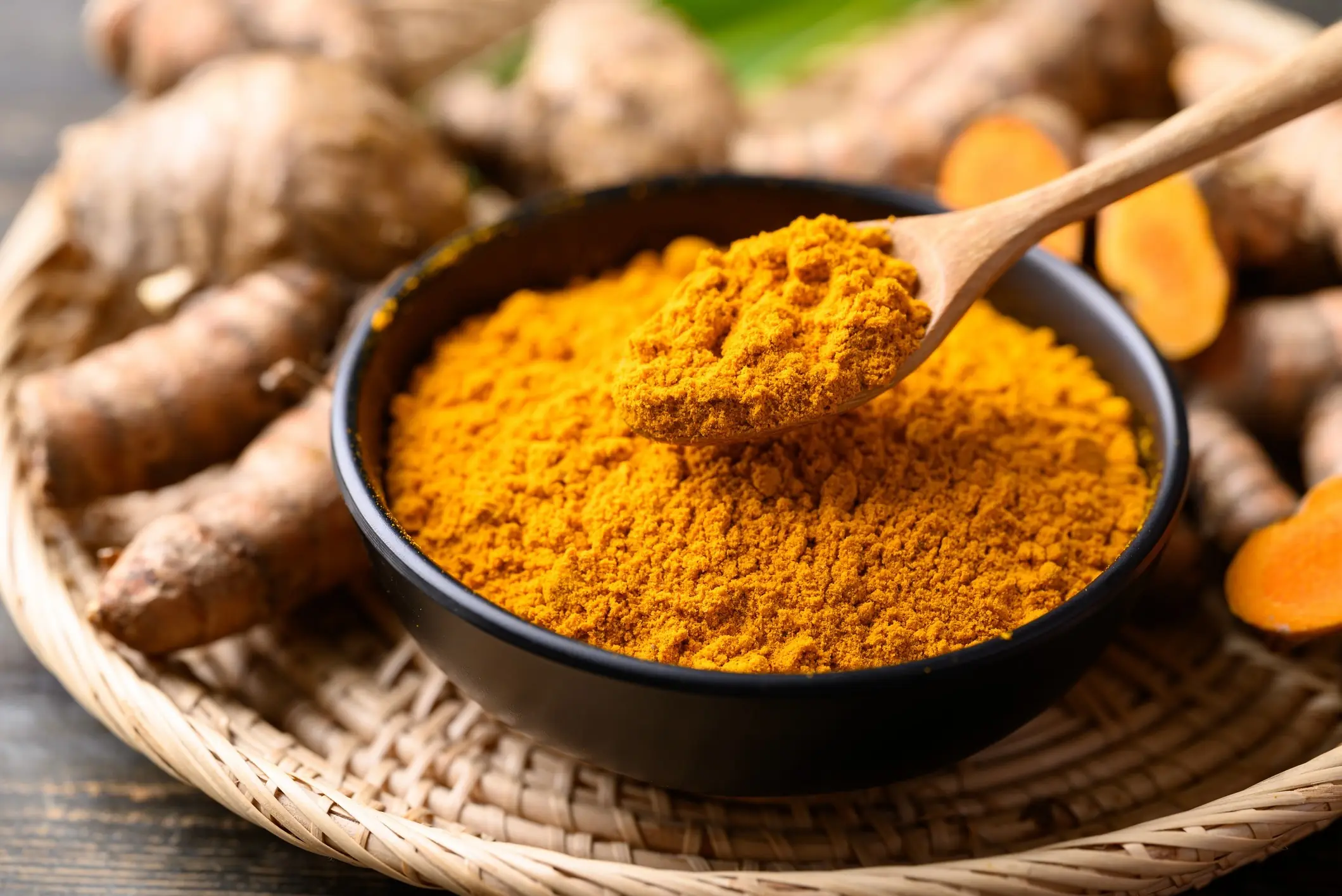
How to Tell If You Have Intestinal Parasites and What to Do About That
Many people believe that intestinal parasites exist only in underdeveloped or impoverished countries. While it is true that these infections are more common in regions with poor sanitation, they are far from rare in developed nations. In fact, parasite exposure can happen almost anywhere. It’s an unsettling thought to imagine hosting a colony of parasites, yet millions of people experience it—often without realizing it. According to the World Health Organization, more than three billion people worldwide suffer from some form of intestinal parasitic infection, and a significant portion of them live in developed countries with modern healthcare systems.
What Are Intestinal Parasites?
Parasites come in various forms, but the two major categories of intestinal parasites are helminths and protozoa.
-
Helminths are multicellular worms that cannot reproduce inside the human body. Common examples include tapeworms, pinworms, and roundworms. While they don’t multiply internally, they can grow quite large and cause a range of symptoms.
-
Protozoa are single-celled organisms that can multiply within the human body. This ability often makes them more dangerous, as they can spread quickly and lead to severe infections if left untreated.
Some parasites cause immediate symptoms, while others may stay dormant or cause chronic issues that mimic more common conditions. This makes diagnosis more challenging, especially in regions where parasite infections are not routinely considered.
How Do You Contract Intestinal Parasites?
The most common method of transmission is contact with infected feces. This may occur through:
-
Contaminated soil
-
Contaminated food or poorly washed produce
-
Unsafe or untreated water
-
Eating undercooked or improperly handled meat and fish
Your risk rises in certain situations such as:
-
Traveling to countries with known parasite prevalence
-
Poor hygiene or inconsistent handwashing
-
Weakened immune function
-
Handling animals or living in close proximity to them
-
Being very young or elderly, as these age groups are more susceptible
Once infected, parasites can be easily spread to others through contact or shared surfaces, which is why hygiene plays such a crucial role in prevention.
Why Are Intestinal Parasites Dangerous?
Parasites survive by feeding on nutrients inside your body. Although high-hygiene environments reduce the severity of infections, they can still cause notable health problems.
When the intestines become a host, even the stomach’s naturally high acid levels may fail to kill the organism. Your immune system responds immediately, often resulting in inflammation and discomfort.
Severe or long-term infections may cause:
-
Nutrient malabsorption, leading to fatigue, anemia, and weakened immunity
-
Toxin release into the bloodstream and lymphatic system
-
Bowel obstruction, where parasites block the intestinal passage
-
Intestinal bleeding, contributing to iron-deficiency anemia
One of the biggest challenges is that there are hundreds of parasite species, each capable of causing different symptoms. Many of these symptoms are not strictly digestive, which is why parasite infections are commonly overlooked or misdiagnosed.
Key Symptoms of a Parasite Infection
Here are common indicators that may suggest a parasitic infection:
-
Excessive food cravings or loss of appetite
-
Unintended weight loss
-
Abdominal pain
-
Digestive disturbances: diarrhea, constipation, gas, or IBS-like symptoms
-
Blood sugar fluctuations
-
Skin problems: itching, rashes, or irritation
-
Anxiety, mood changes, or depression
-
Sleep disturbances
-
Muscle or joint pain
-
Chronic fatigue or poor stamina
-
Iron-deficiency or anemia
-
Frequent infections due to weakened immunity
-
Reduced libido
-
Bloody or pale-colored stool
-
Nausea or vomiting
-
White specks in stool
-
Sulfur-smelling burps
It’s also possible for symptoms to come and go, making them easy to dismiss or attribute to unrelated issues.
How to Treat Intestinal Parasites
Treatment can involve either conventional medicine or alternative approaches, although it’s best to consult a healthcare professional before starting any treatment plan.
Conventional Medicine
If you suspect a parasitic infection, a doctor can order a stool test or other diagnostic analyses. Prescription antiparasitic medications—including albendazole, mebendazole, or metronidazole—are highly effective and usually act quickly.
Alternative and Complementary Approaches
1. Herbal Remedies
Some commonly used anti-parasitic herbs include:
-
Garlic
-
Goldenseal
-
Barberry
-
Anise
-
Oregon grape
-
Wormwood
-
Wormseed
-
Black walnut
-
Mint varieties
-
Cloves
-
Oregano
-
Thyme
-
Olive leaf
Always consult a healthcare provider before taking herbal supplements, as they may interact with medications or may not be suitable for everyone.
2. Supplements
-
Probiotics (such as Lactobacillus and Bifidobacteria) help maintain a healthy gut environment, limiting parasite survival.
-
Digestive enzymes support normal intestinal function. Papain, a papaya-derived enzyme, may help disrupt parasitic worms.
-
Vitamin C strengthens the immune system.
-
Zinc supports immune health and may help the gut lining recover from inflammation.
3. Homeopathic Treatments
Homeopathic options sometimes recommended include Cina, Spigelia, Indigo, Teucrium, Sabadilla, and others. A trained practitioner should guide these treatments.
4. Dietary Support
Certain foods may help discourage parasites:
-
Raw garlic
-
Pumpkin seeds
-
Papaya seeds
-
Pineapple
-
Carrots, beets, pomegranates
Other helpful guidelines:
-
A mix of honey and papaya seeds may help flush the intestines.
-
Increasing dietary fiber supports natural elimination.
-
Avoid refined sugars and simple carbohydrates that parasites thrive on.
-
Drink plenty of water.
-
Temporarily avoid coffee and alcohol, which may irritate the gut.
-
Eat foods high in beta-carotene like sweet potatoes and squash.
-
Include spices such as turmeric and cloves for their antimicrobial properties.
5. Intestinal Cleansing
Some people choose colon detoxes involving:
-
Psyllium husks
-
Bentonite clay
-
Activated charcoal
-
Citrus pectin
-
Pumpkin seeds
-
Papaya extract
-
Flaxseed
These methods aim to remove toxins and help restore gut balance.
6. Food-Grade Diatomaceous Earth (DE)
Food-grade DE is sometimes used as a natural way to eliminate parasites. Some studies suggest DE may help reduce parasite load in animals, which has encouraged its use among humans. It is essential to use only food-grade DE and consult a professional before trying it.
Preventing Parasitic Infections
Since parasitic infections are highly contagious, prevention is key:
-
Wash hands thoroughly after using the restroom and before handling food.
-
Clean fruits and vegetables carefully.
-
When traveling, be cautious with drinking water, ice cubes, and raw foods.
-
Maintain good hygiene for yourself, your home, and your pets.
Good sanitation practices significantly lower the risk of infection and reinfection.
News in the same category

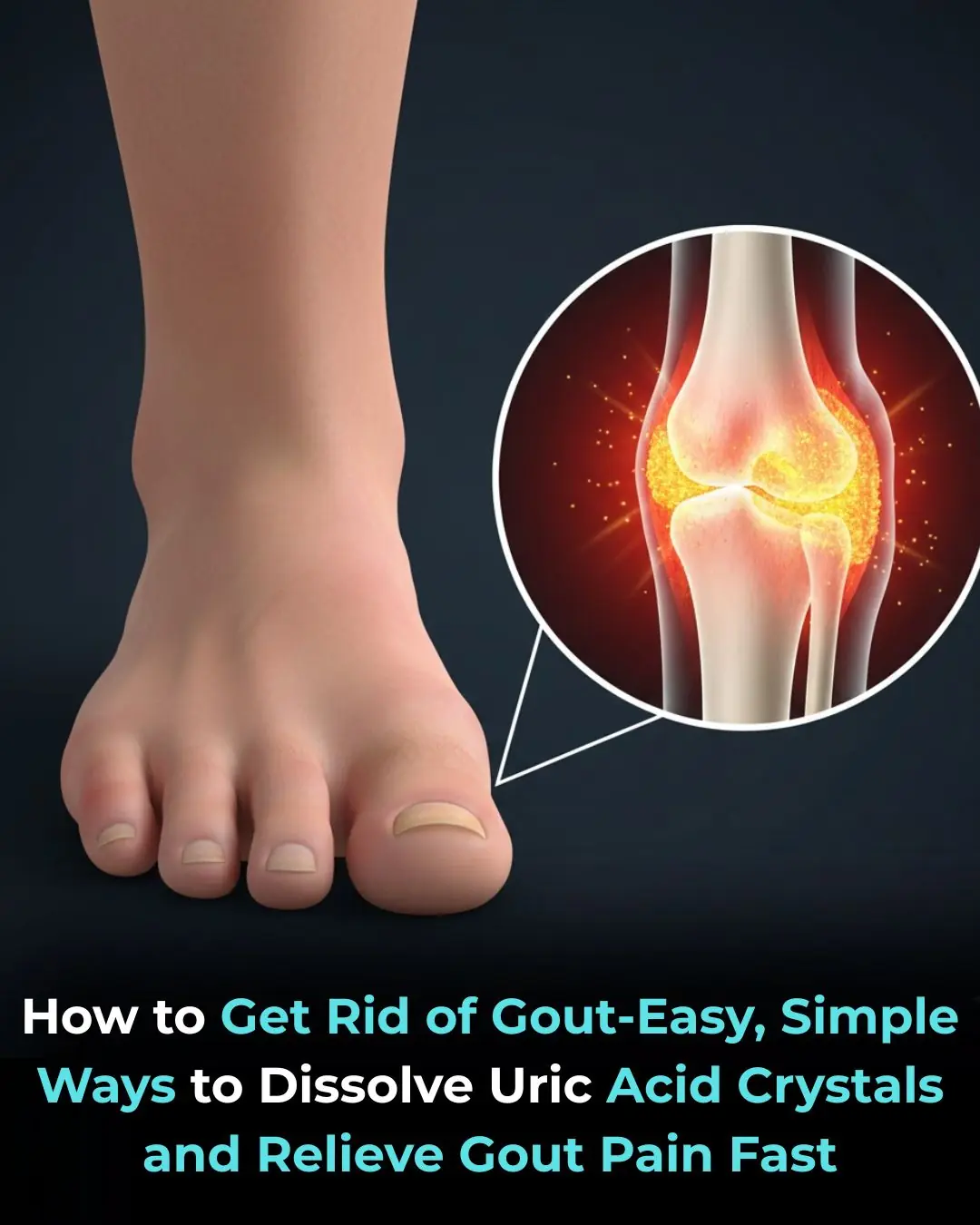
The Best Natural Gout Treatments: Remove Uric Acid Crystallization To Prevent Gout And Joint Pain

People Who Eat 3 Eggs Every Day Are Noticing This Crazy Difference
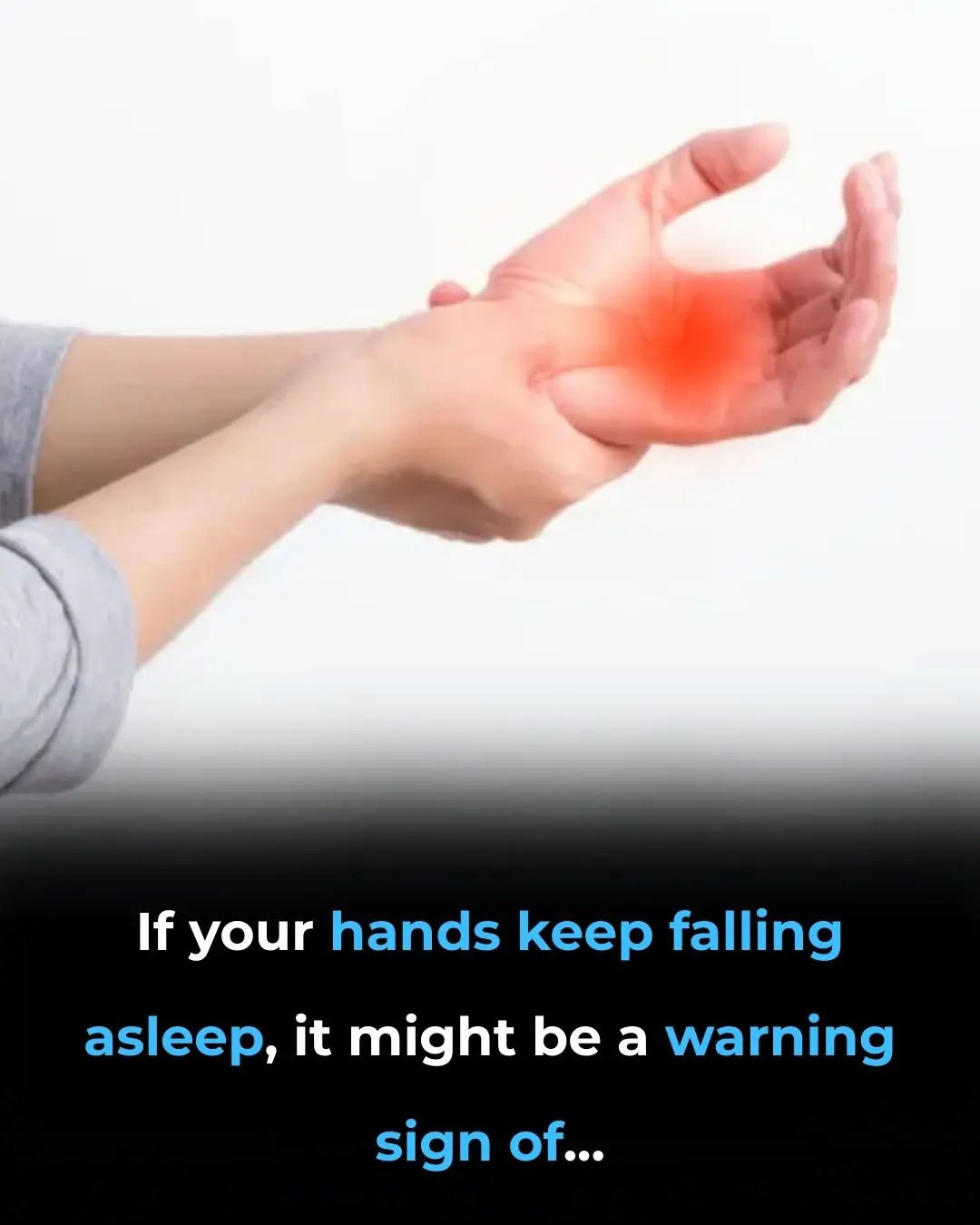
Why Your Hands or Arms Fall Asleep at Night and What To Do
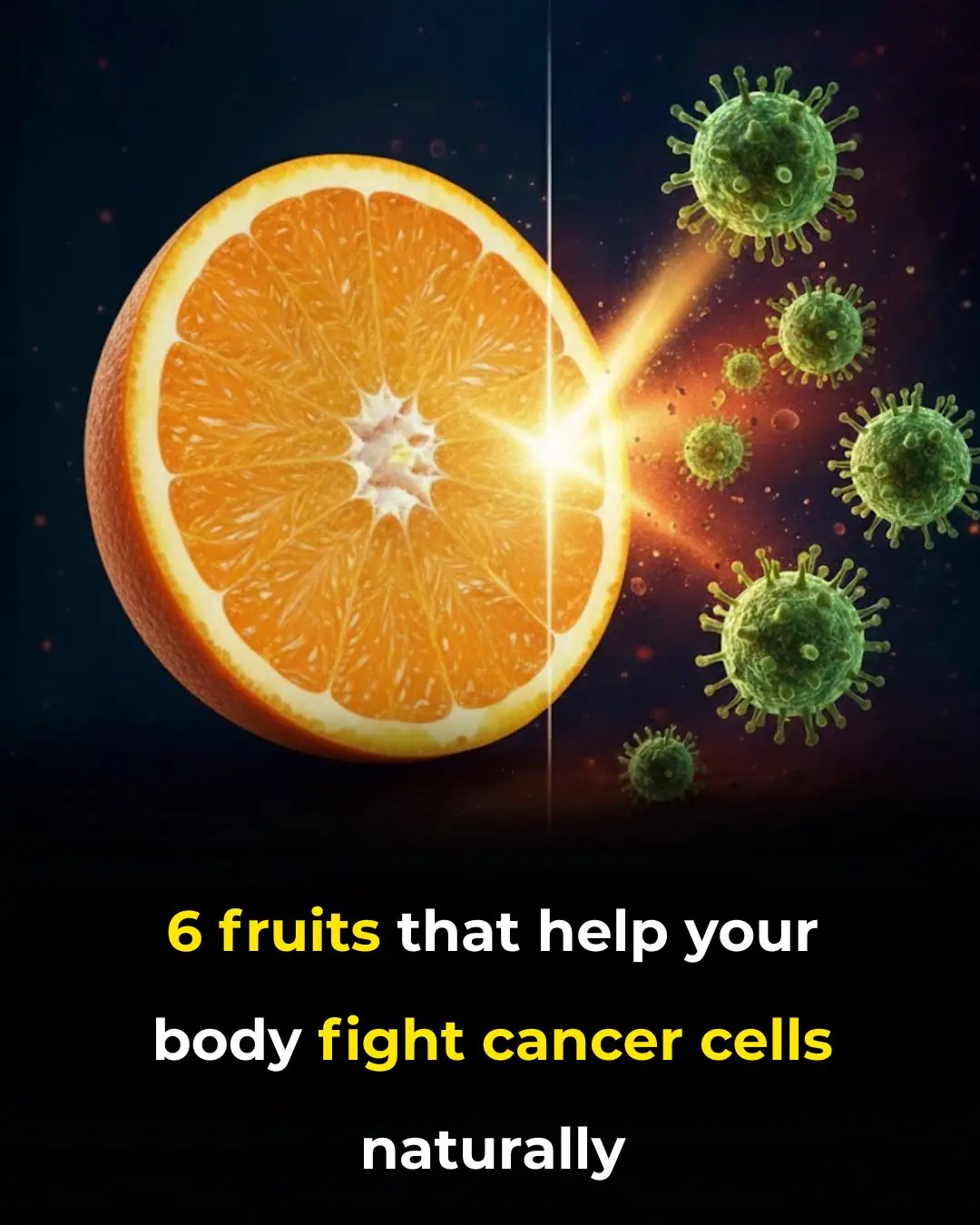
6 fruits that help your body fight cancer cells naturally
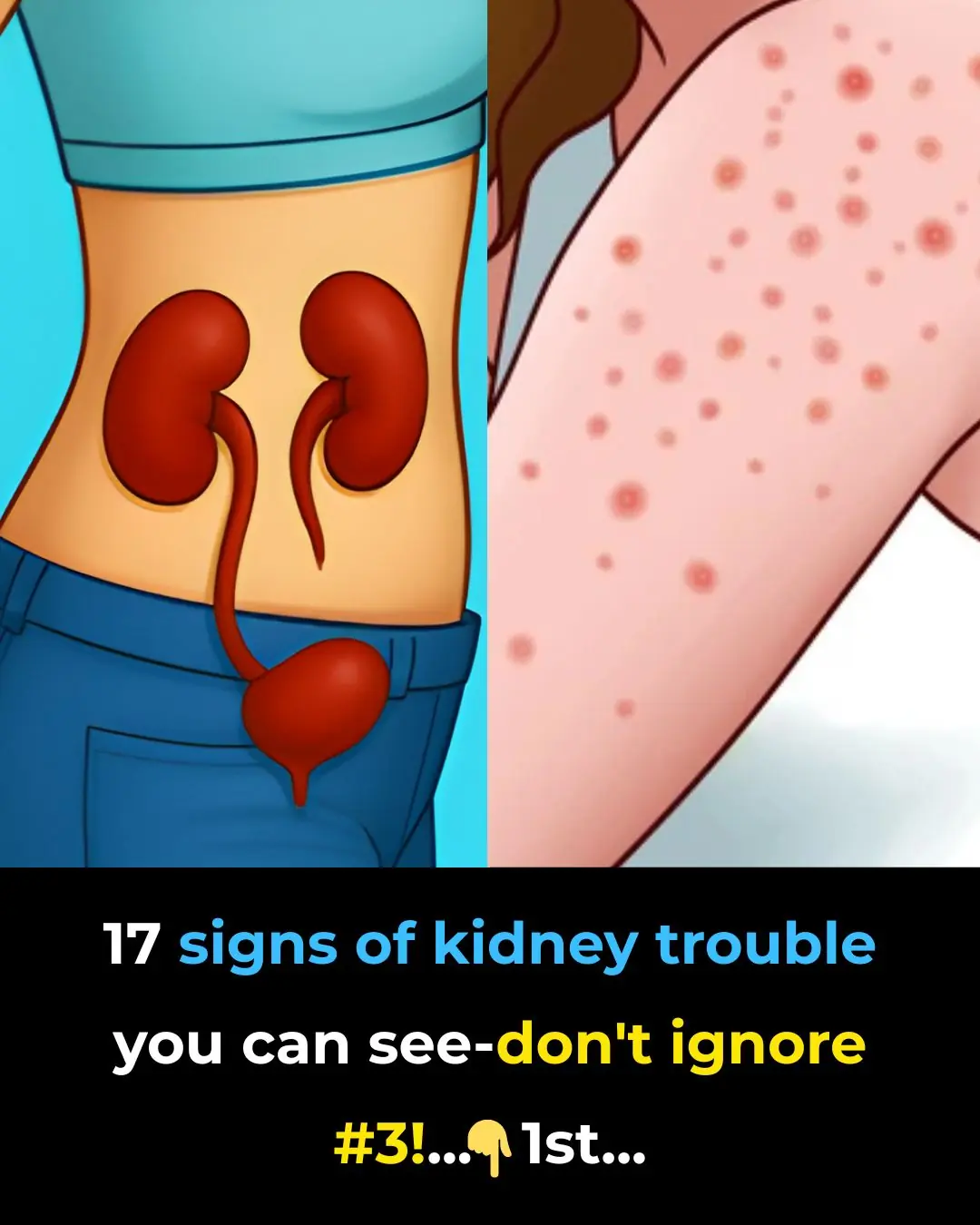
17 signs of kidney trouble you can see—don’t ignore #3!
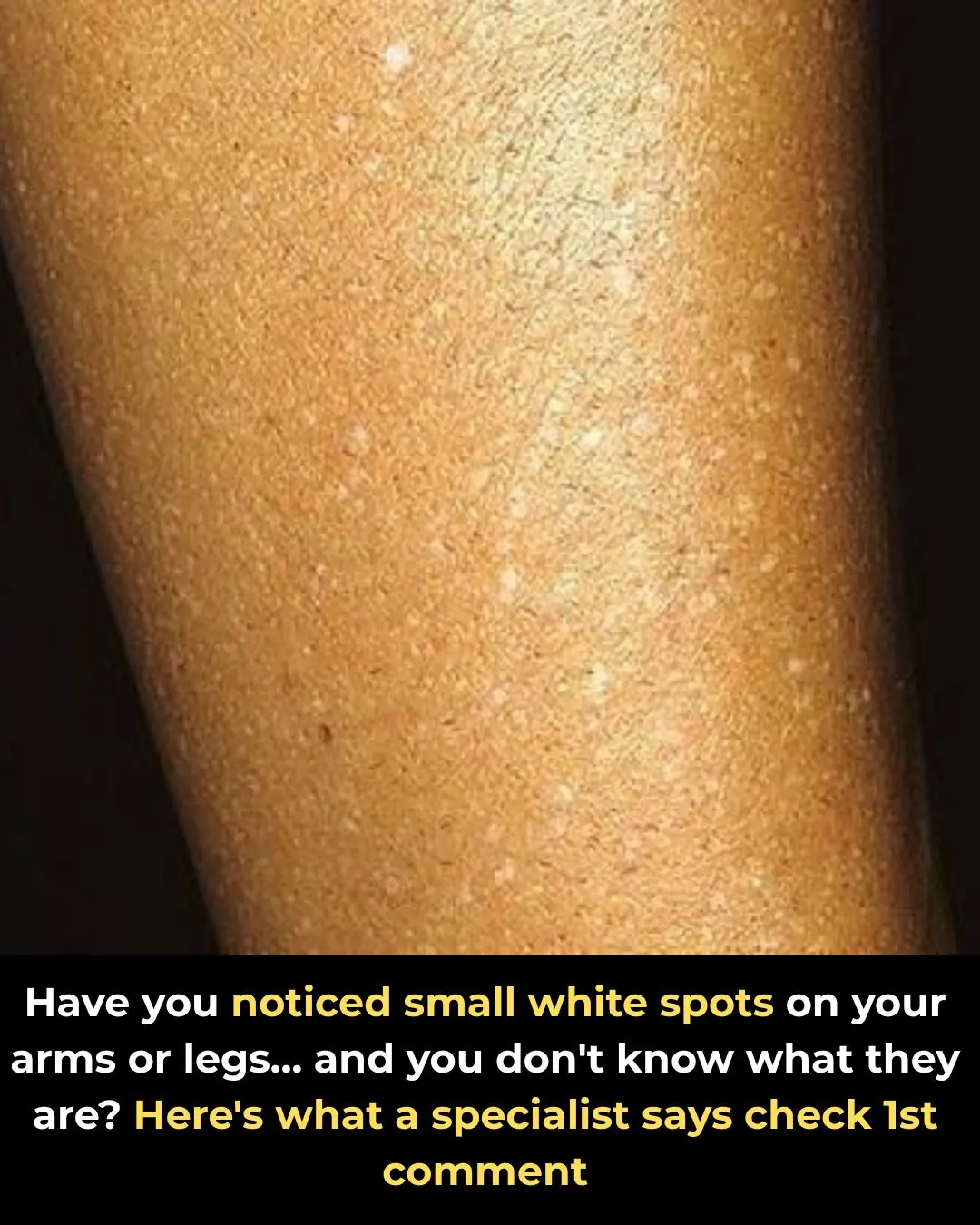
Have you noticed small white spots on your arms or legs… and you don't know what they are?

Never Toss Banana Peels Again: The 2,000-Year-Old “Trash” Trick That Erases Wrinkles, Heals Scars, Whitens Teeth & Drops Blood Pressure Overnight
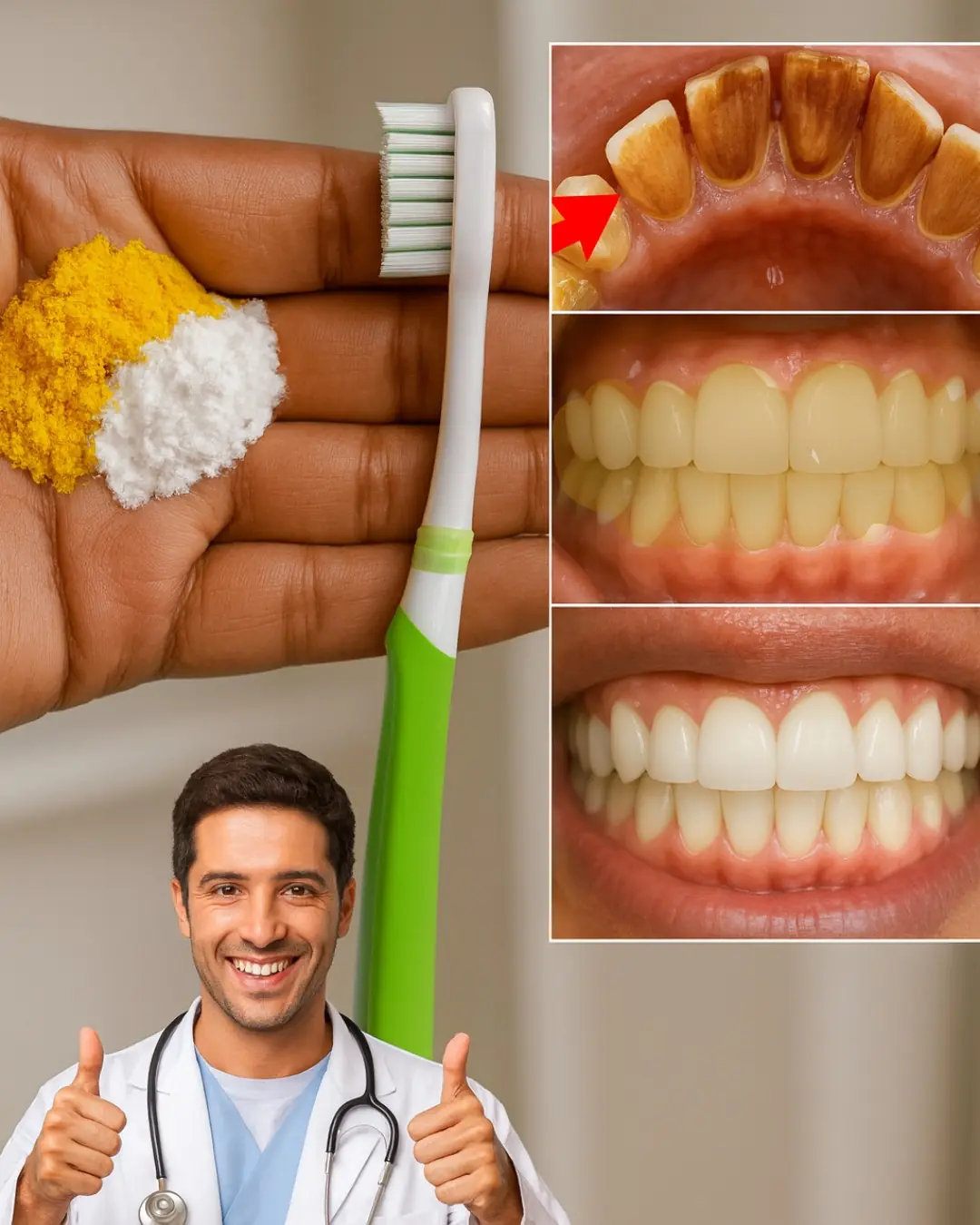
The $5 Kitchen Secret: Why You Should Be Brushing Your Teeth with Turmeric and Baking Soda
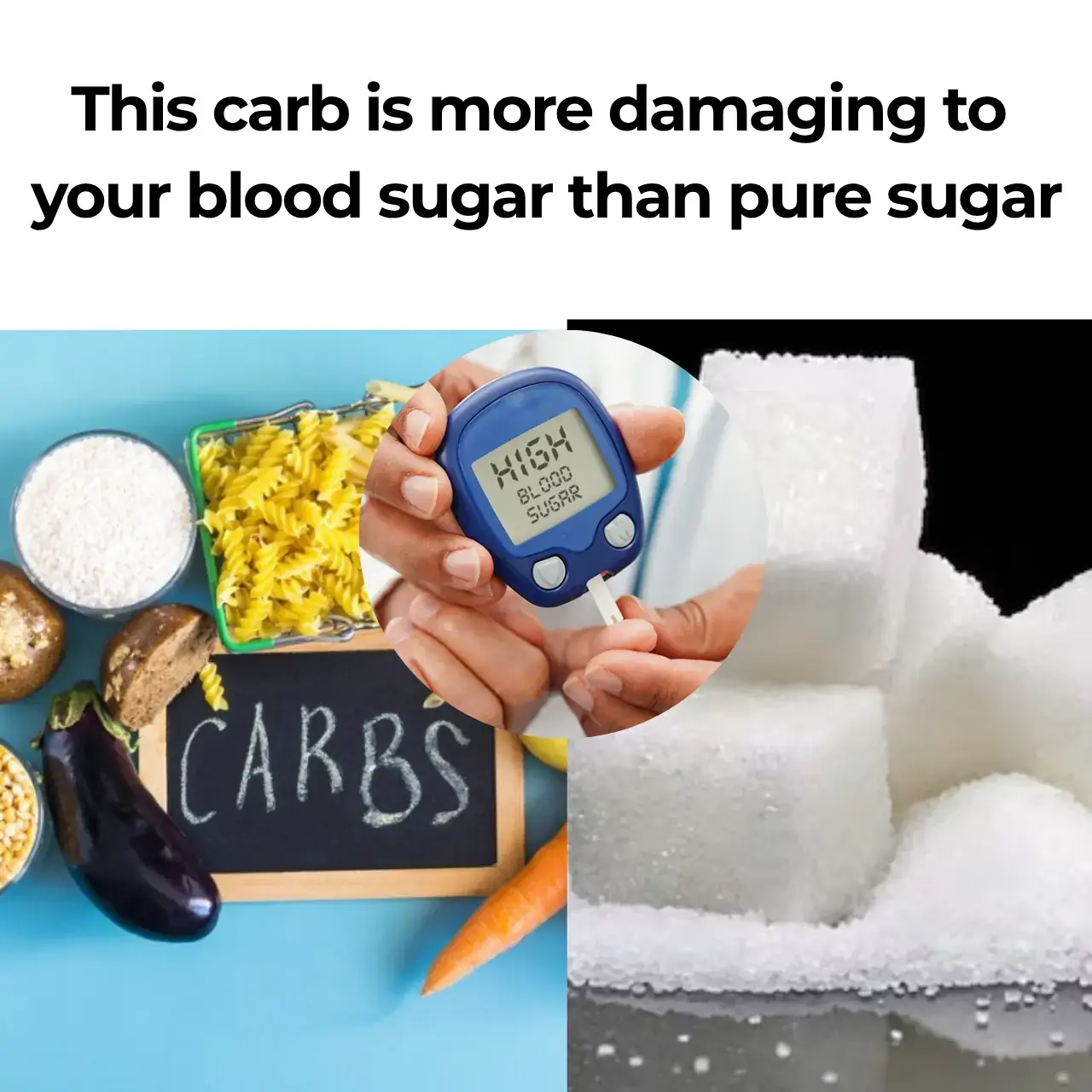
This carb is more damaging to your blood sugar than pure sugar
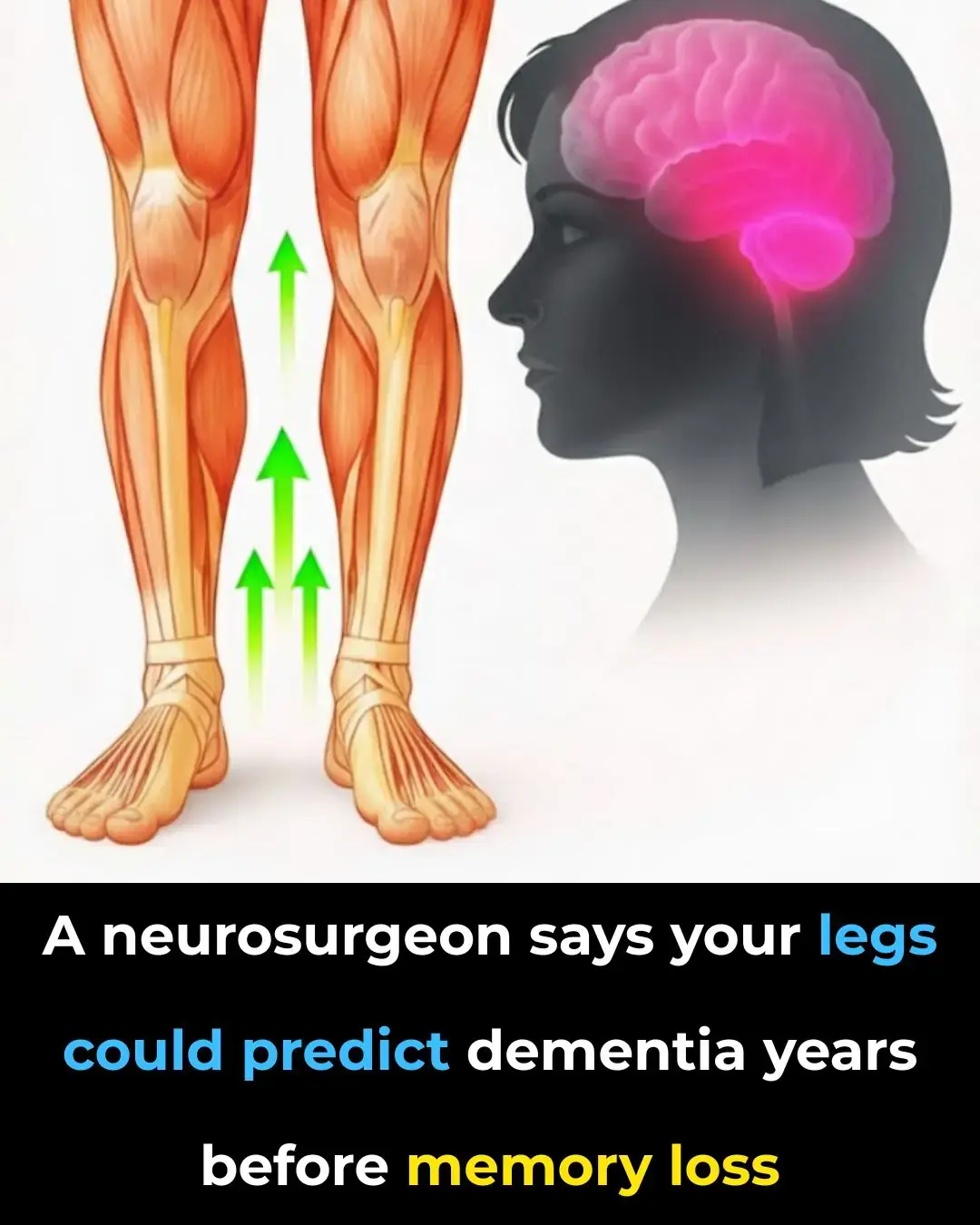
A neurosurgeon says your legs could predict dementia years before memory loss
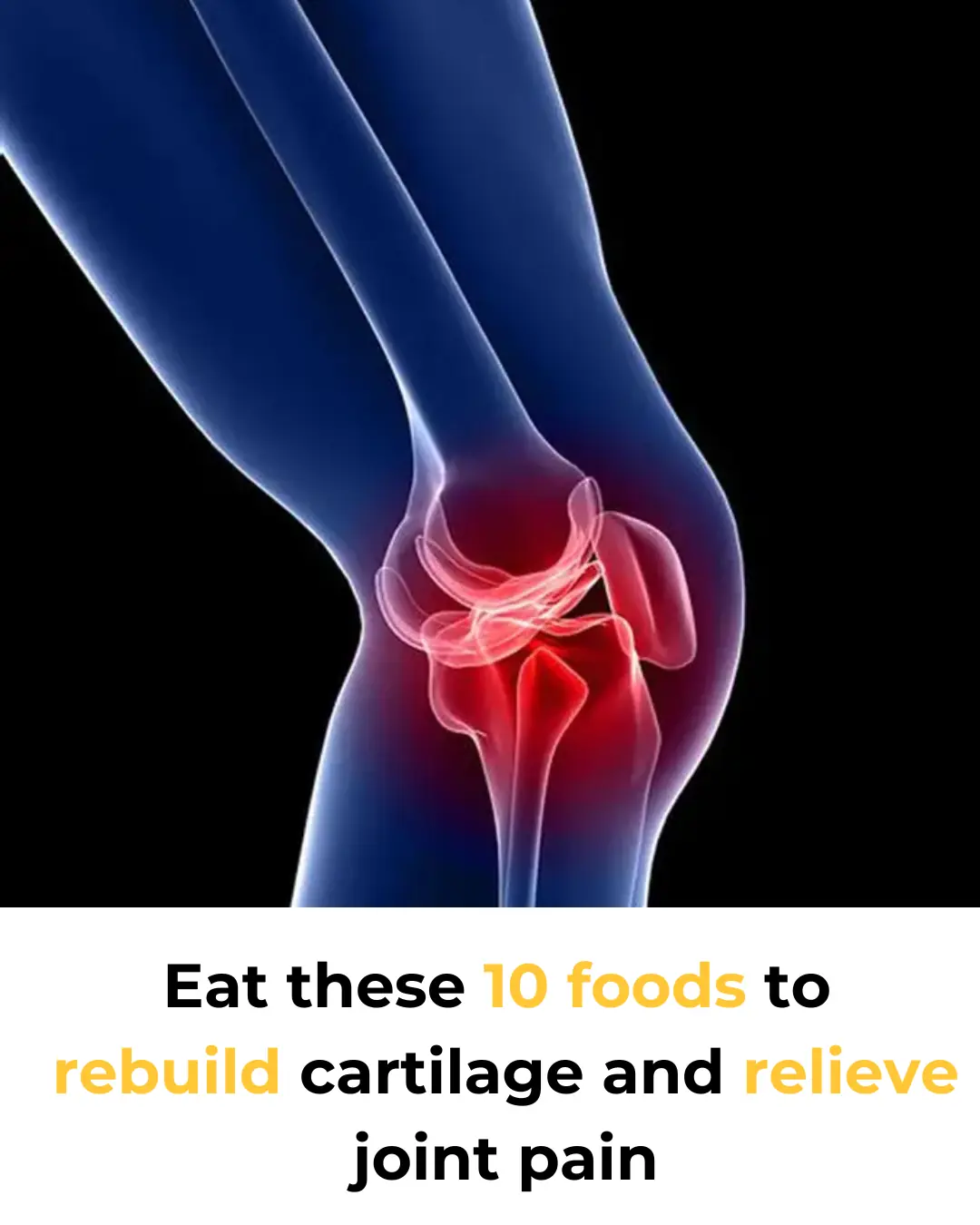
Top 10 Foods to Heal Knee Pain and Rebuild Cartilage Naturally

What Happens If You Eat 4 Whole Eggs Every Day for 30 Days?
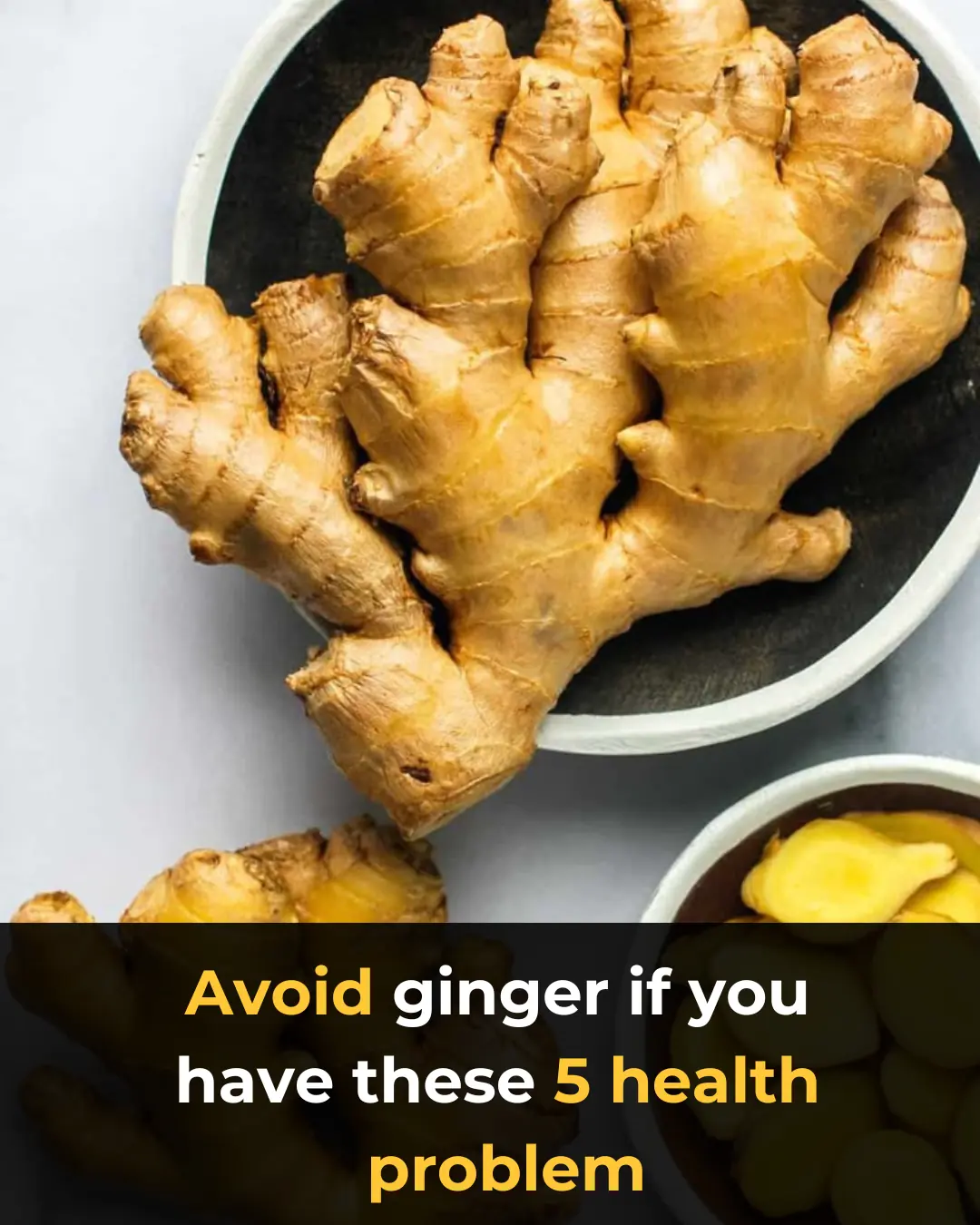
Avoid Ginger If You Have THESE Health Problems

The step-by-step plan to drop 30 pounds quickly in 2025
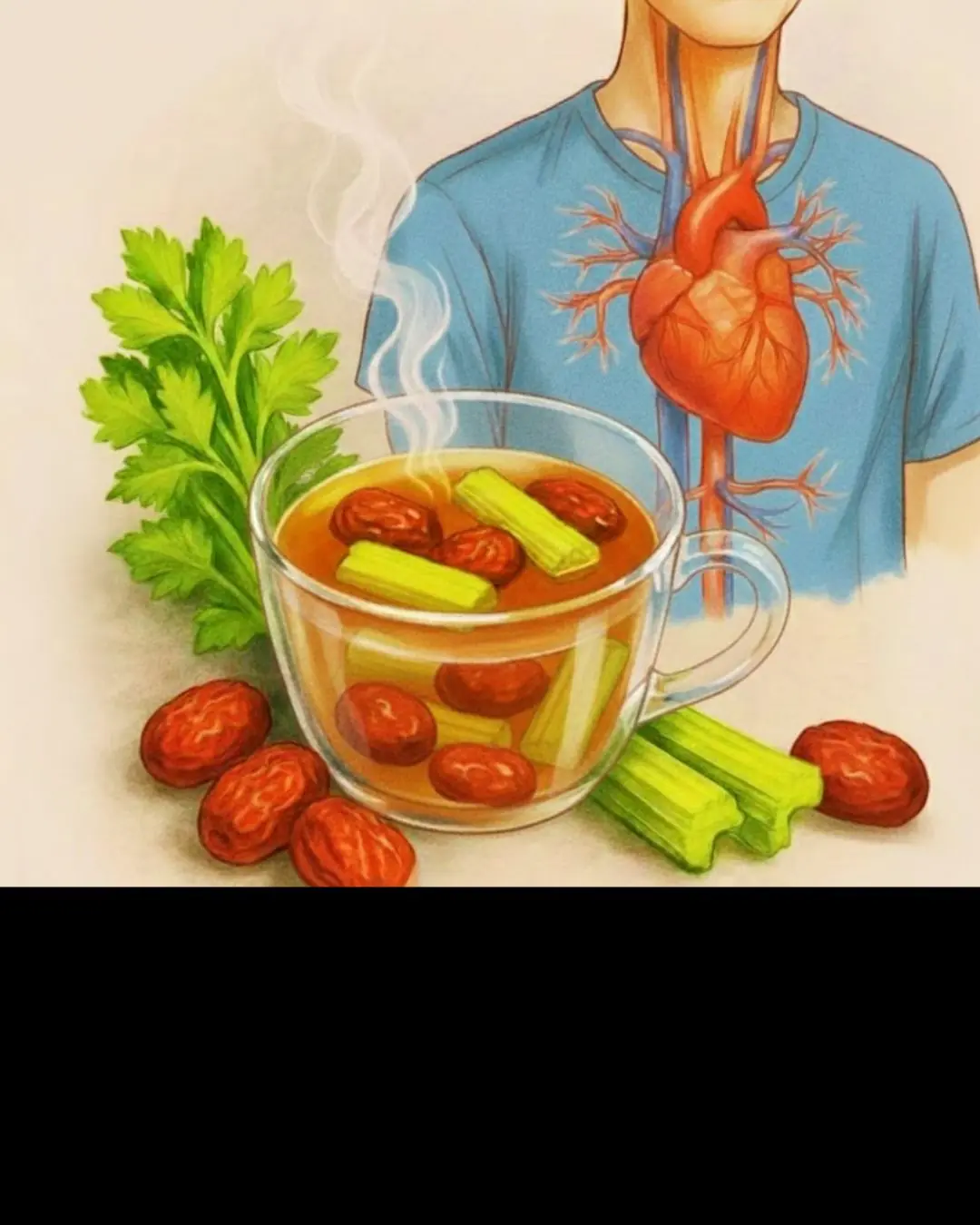
Got High Blood Pressure? Try This 2-Ingredient Tea!
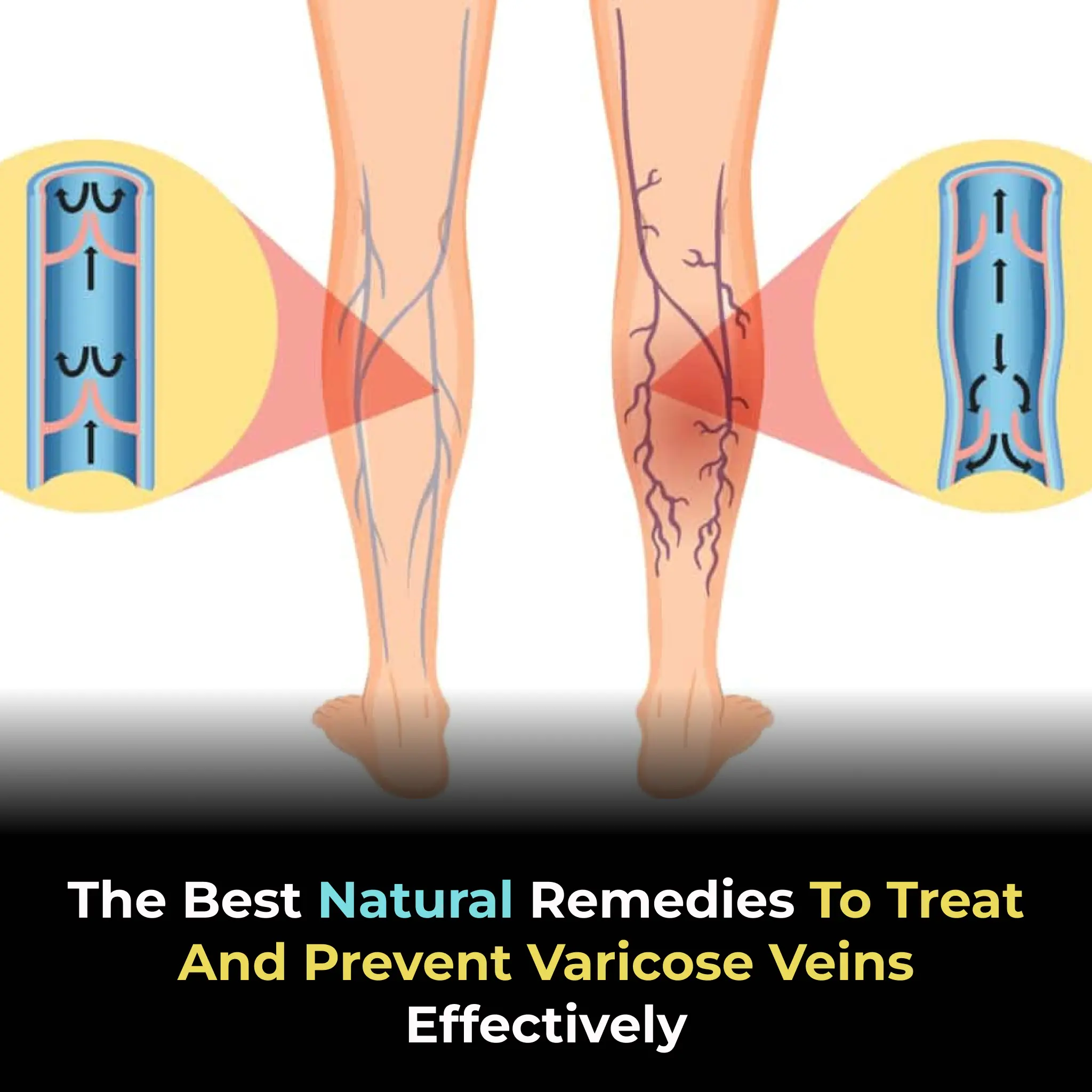
The Best Natural Remedies to Treat and Prevent Varicose Veins Effectively

People Who Do This Every Morning Have Better Circulation and More Energy
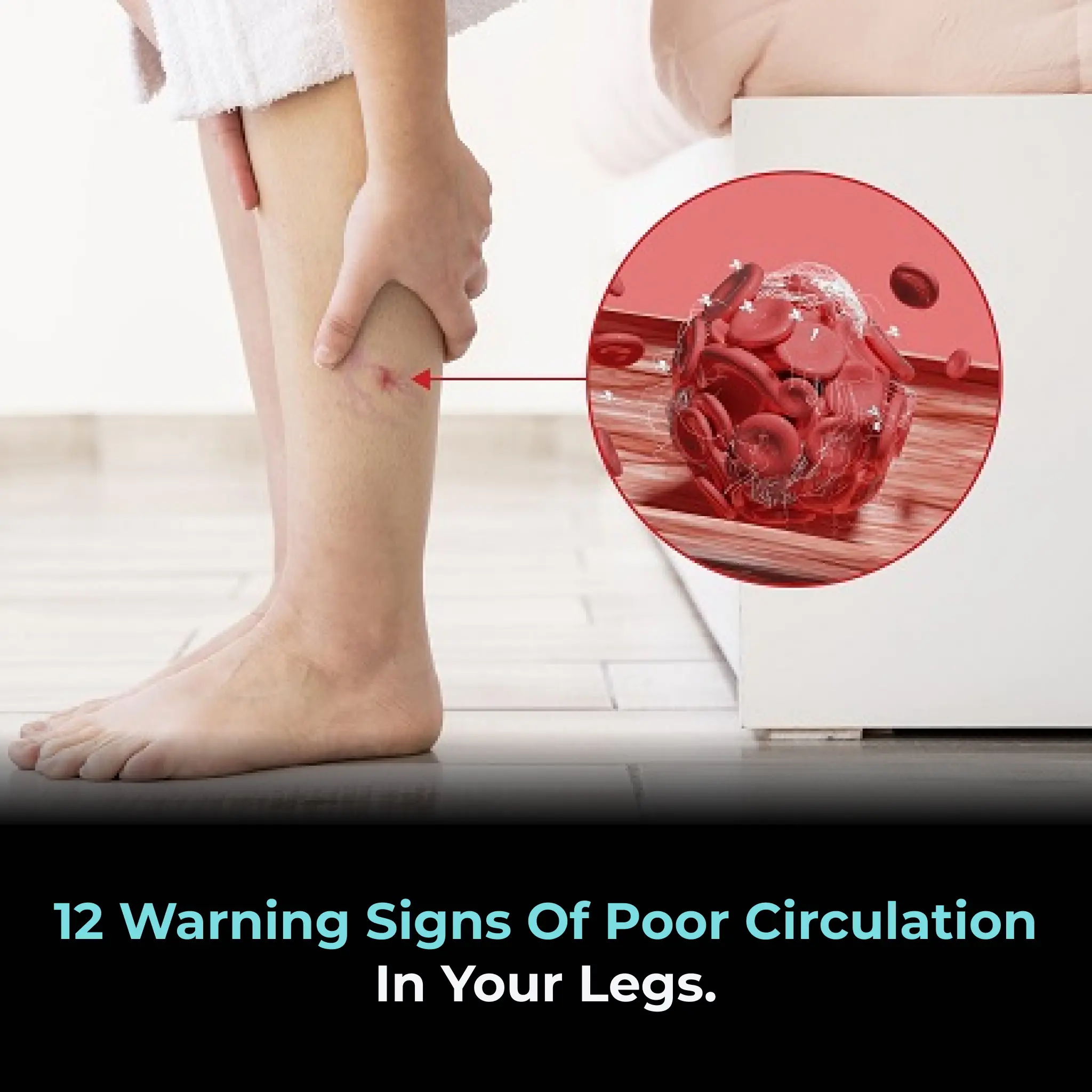
12 warning signs of poor circulation in your legs.
News Post

The Medicinal Powers of Turmeric That Doctors Rarely Mention

The Best Natural Gout Treatments: Remove Uric Acid Crystallization To Prevent Gout And Joint Pain

People Who Eat 3 Eggs Every Day Are Noticing This Crazy Difference

Why Your Hands or Arms Fall Asleep at Night and What To Do

Meet Jonathan: The 192-Year-Old Tortoise Who Has Witnessed History and Continues to Inspire

Retired Couple in UK Successfully Nurtures 90-Million-Year-Old Wollemi Pine, Leading to Its First Reproduction Outside Australia

Stem Cell Therapy for Type 1 Diabetes Shows Promise in Human Clinical Trials
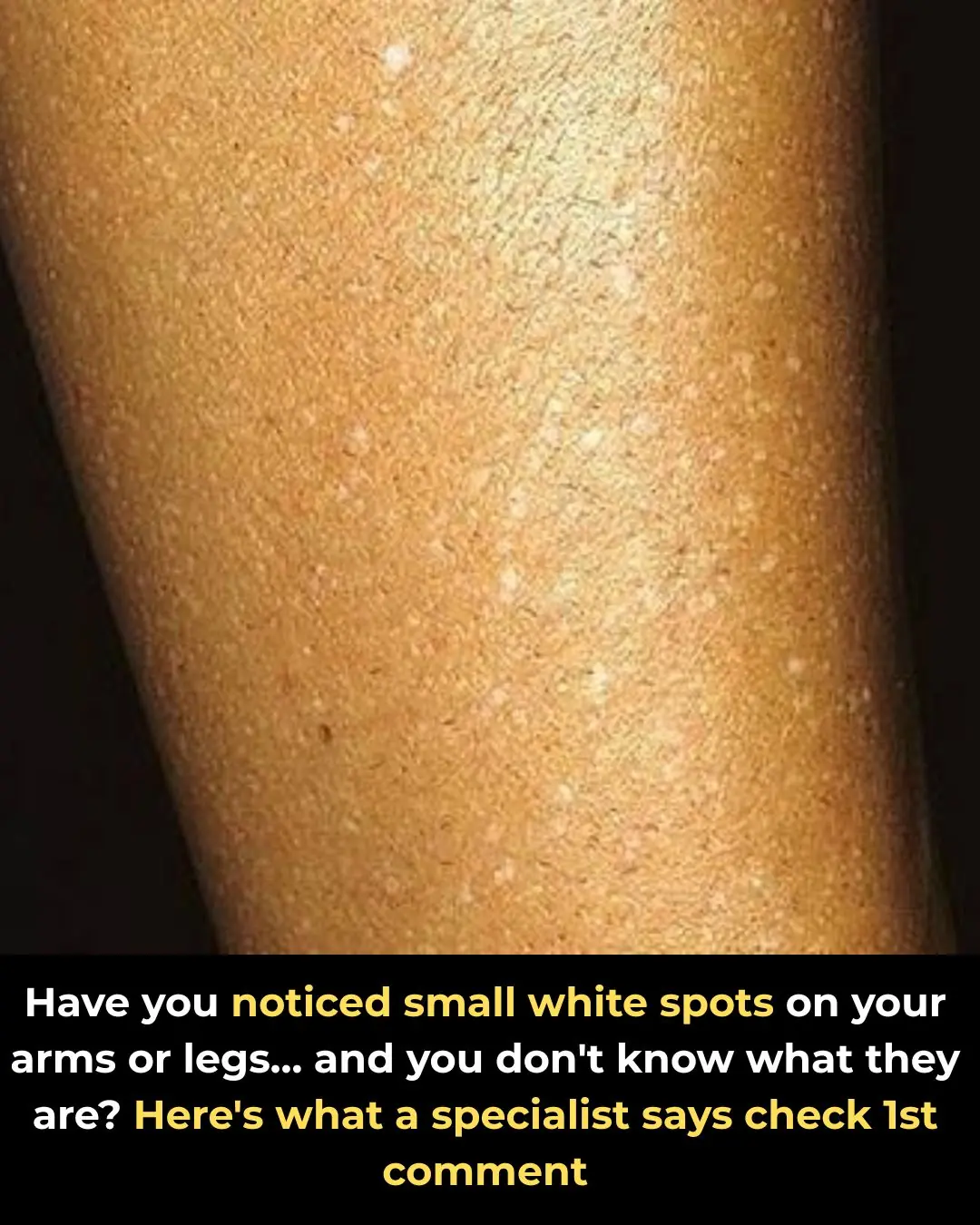
Have you noticed small white spots on your arms or legs… and you don't know what they are?

How Guyana Became the Only Nation Fully Self-Sufficient in All Seven Major Food Groups

Donald Trump's new scarf leaves everyone saying the same thing

Scientists May Have Just Found a Breakthrough Hair-Loss Treatment

Panama's Marine Collapse: The End of a Key Ocean Upwelling System and What It Means for the Future

Genetic Evidence Links Icelanders to Native Americans, Suggesting Viking Contact with the Americas

Vietnam Approves Russian-Made Cancer Immunotherapy ‘Pembroria’ for Multiple Cancer Types

The Kid Who Was Surprised By Dad With Birthday Bat In Viral Video Hits Home Run With Bat And Dad Catches It

Delaware Post Office Renamed In Honor of Mary Ann Shadd Cary, First Black Woman Publisher

Hayli Gubbi Volcano Erupts in Ethiopia for First Time in 12,000 Years

Meet Shantrelle P. Lewis, Curator, Filmmaker & the Preeminent Scholar of Global Black Dandyism
